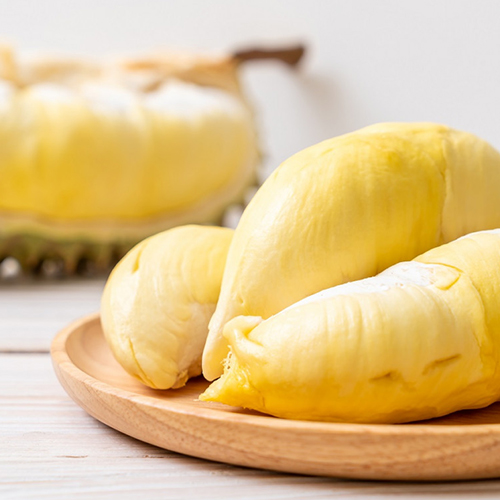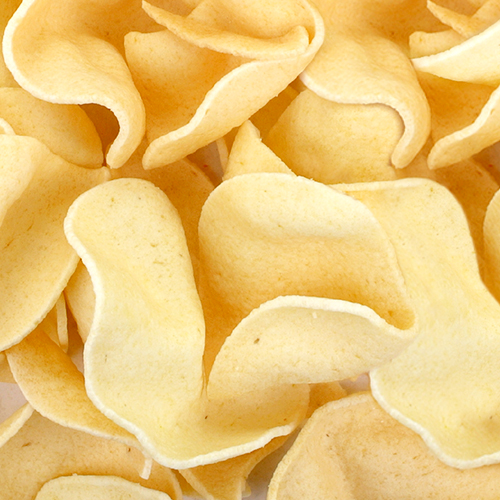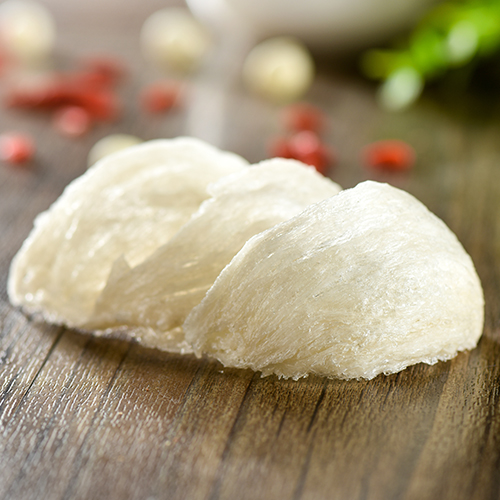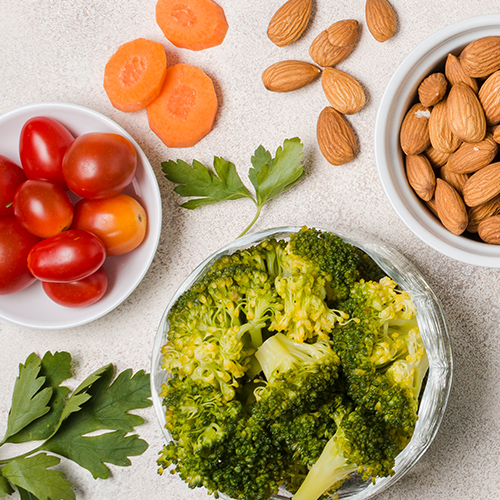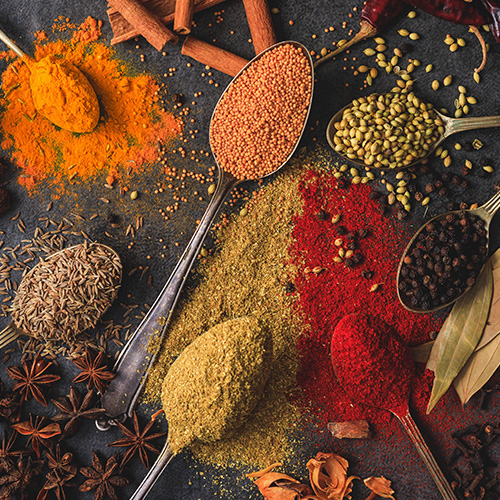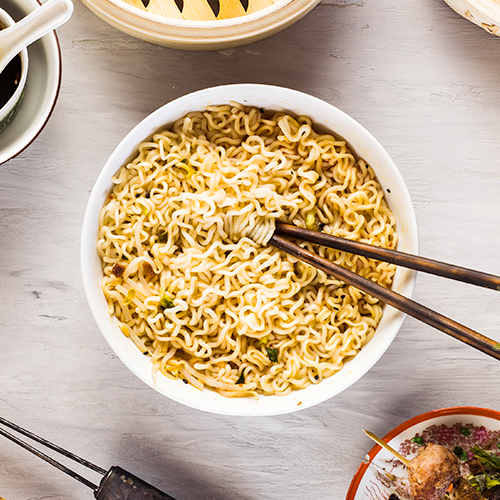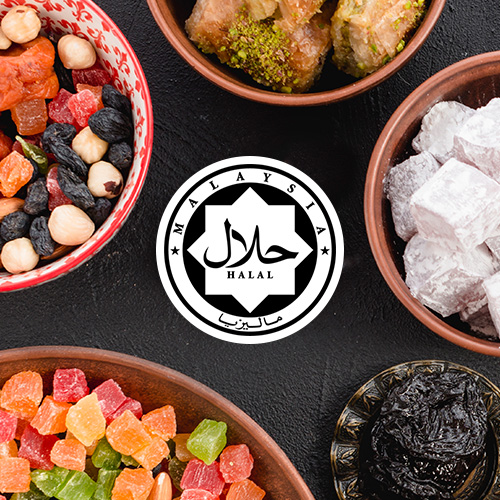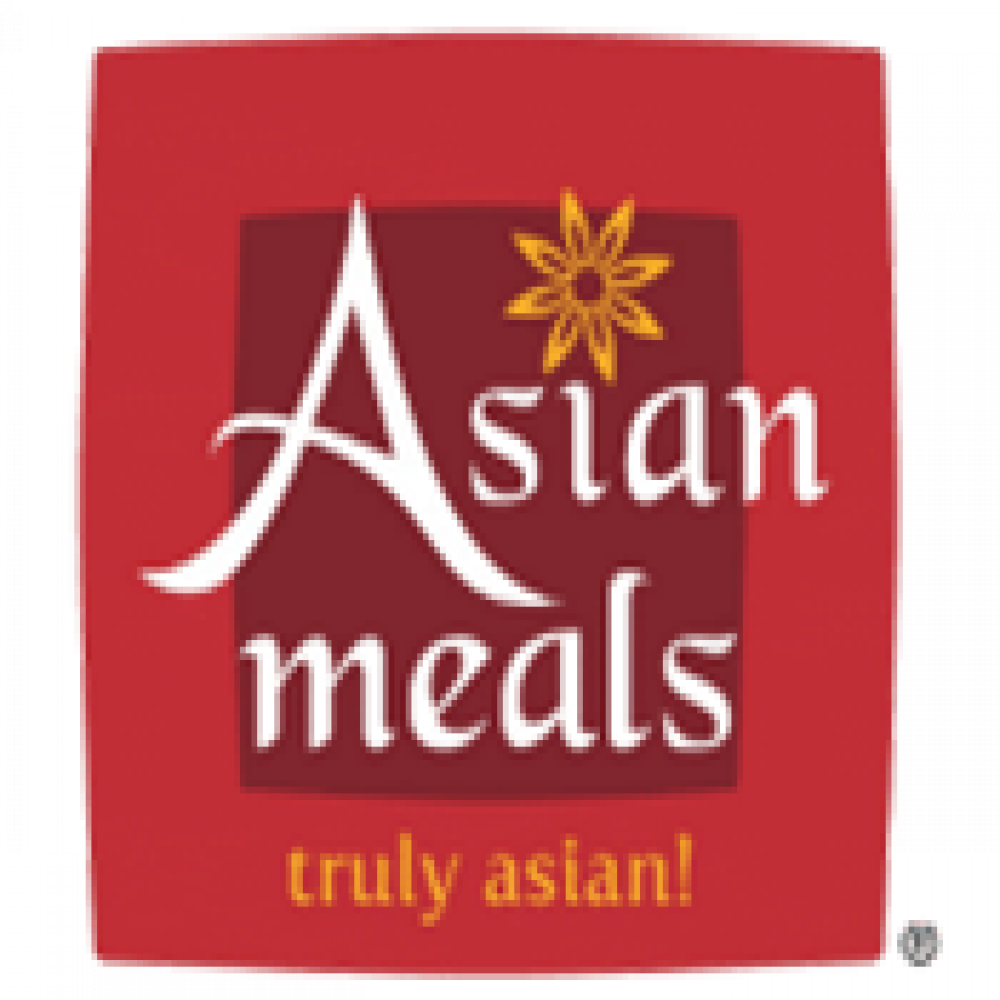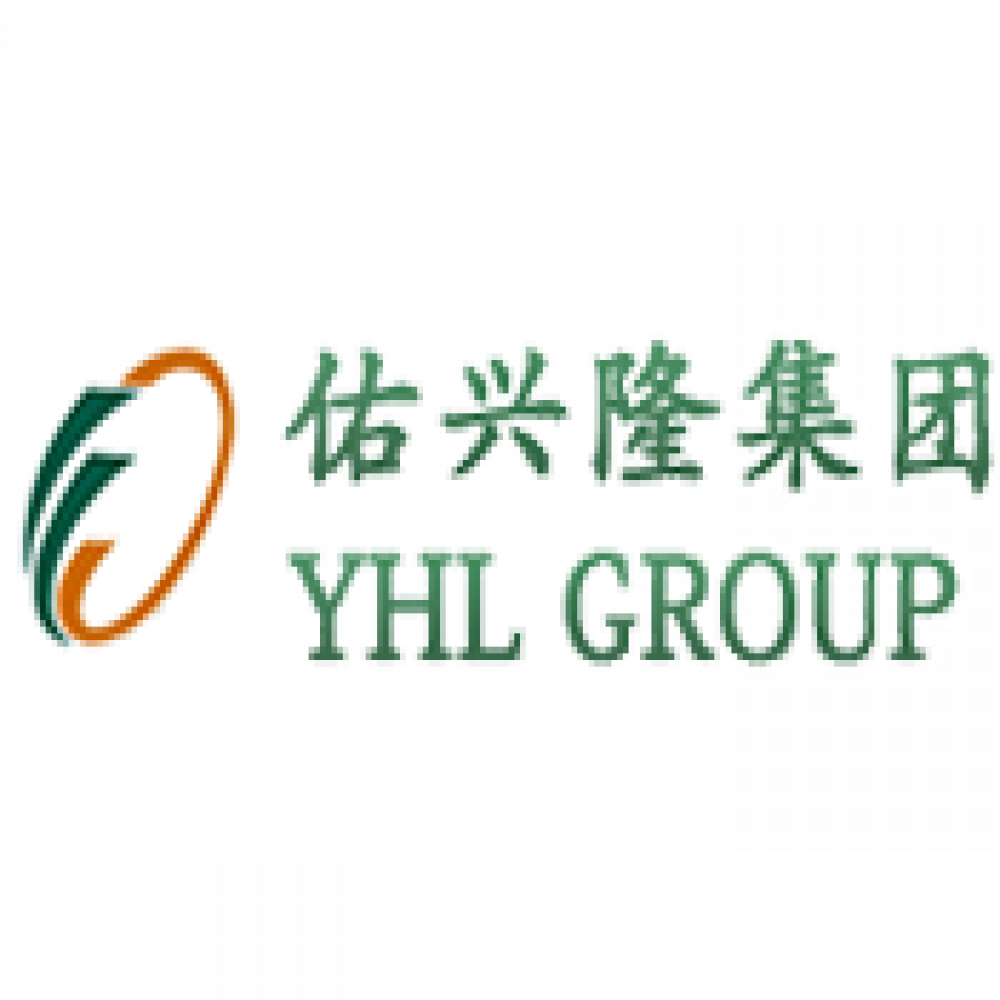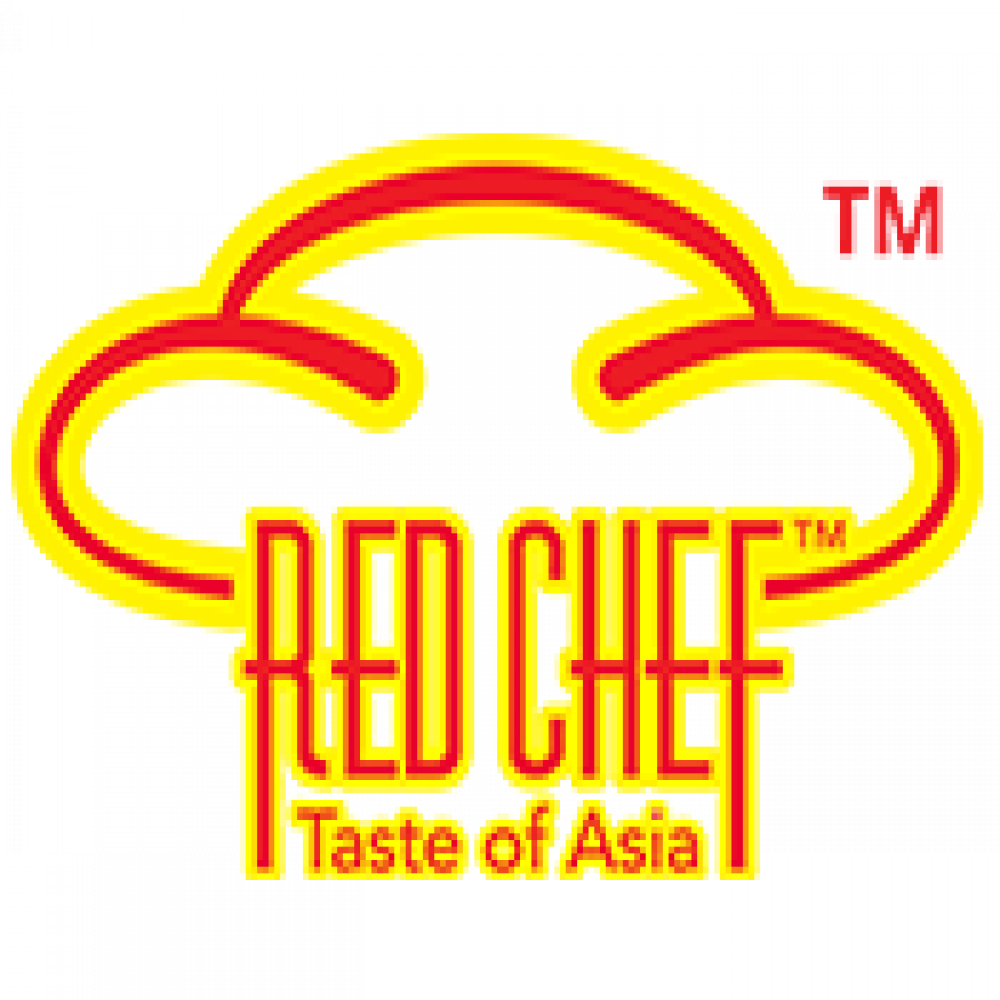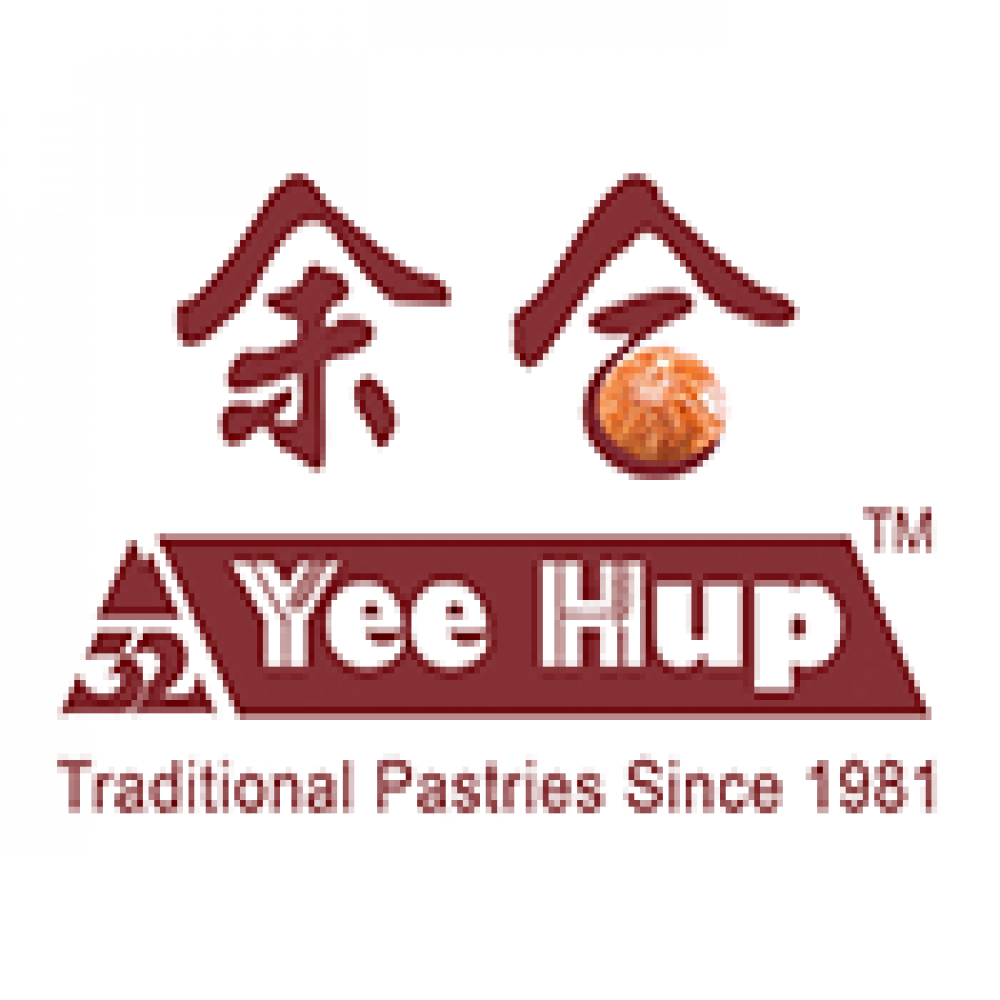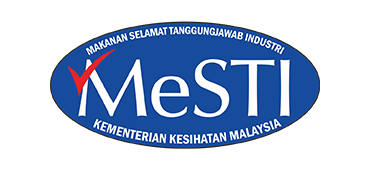Malaysia Unique Products
for the seeker of unique and famous Malaysia Produuct
Durian is the most famous fruit in Malaysia due to its powerful aroma, distinctive taste and custardy texture.
The white coffee and the milk tea (teh-tarik) are the popular drinks that you absolutely need to try!
Malaysians love to snack! Among our favourite snack foods are biscuits, crackers, cookies, cakes, banana fritters and etc.
The edible Bird Nest (EBN) swiftlet industry in Malaysia is rapidly growing due to the demand for EBN nests word-wide.
Reflecting Malaysia’s multicultural mix, the cuisine is a tantalising blend of Malay, Indian and Chinese dishes.
Instant noodles is one of our favourite go-to quick meals in Malaysia. Some are even rated as Top 10 instant noodles in the world!
Being a Global Halal Hub, Malaysia has an extensive network of Halal products. Certified by the Department of Islamic Development Malaysia (JAKIM).
Certification From Malaysia Government
** Only subject to the supplier who with application



